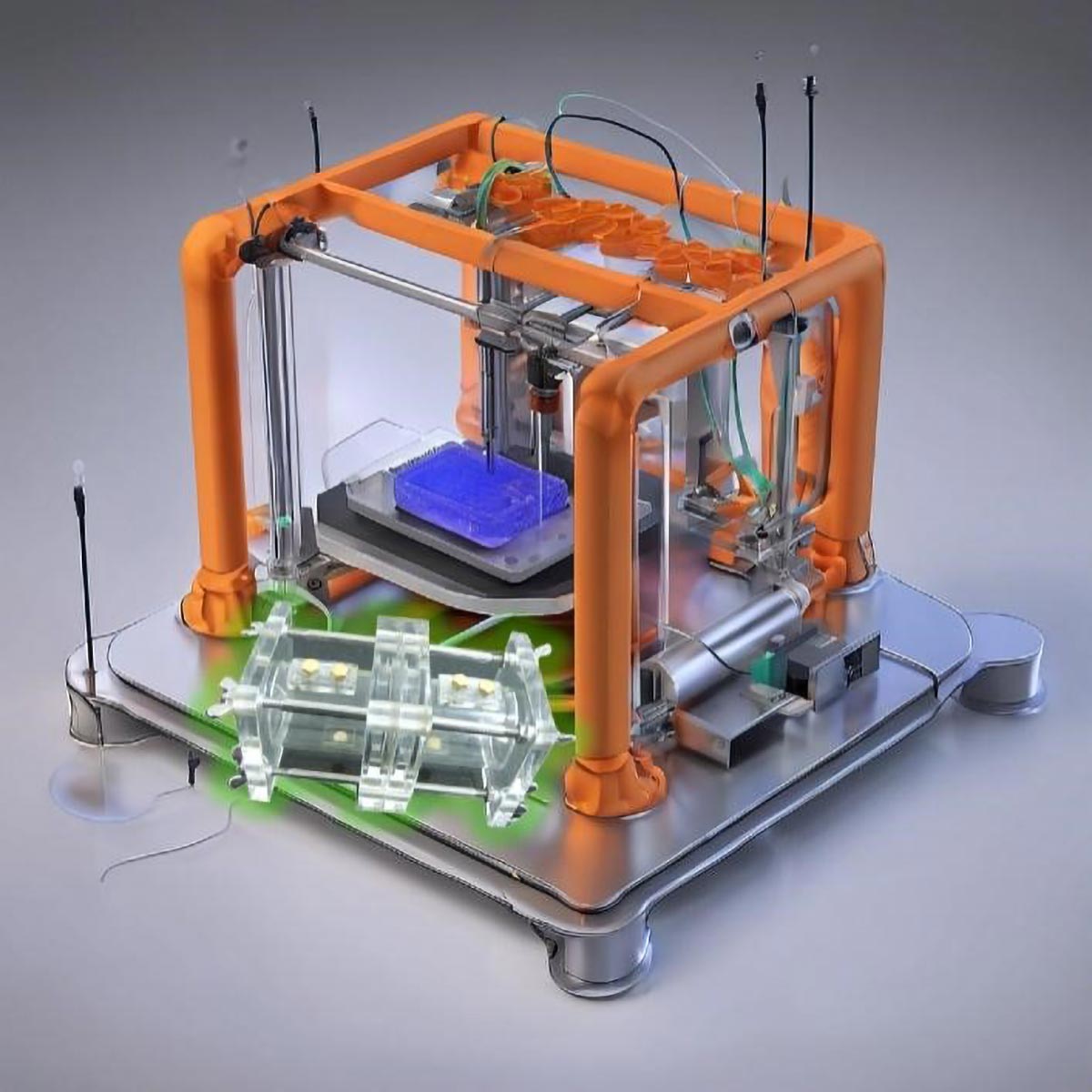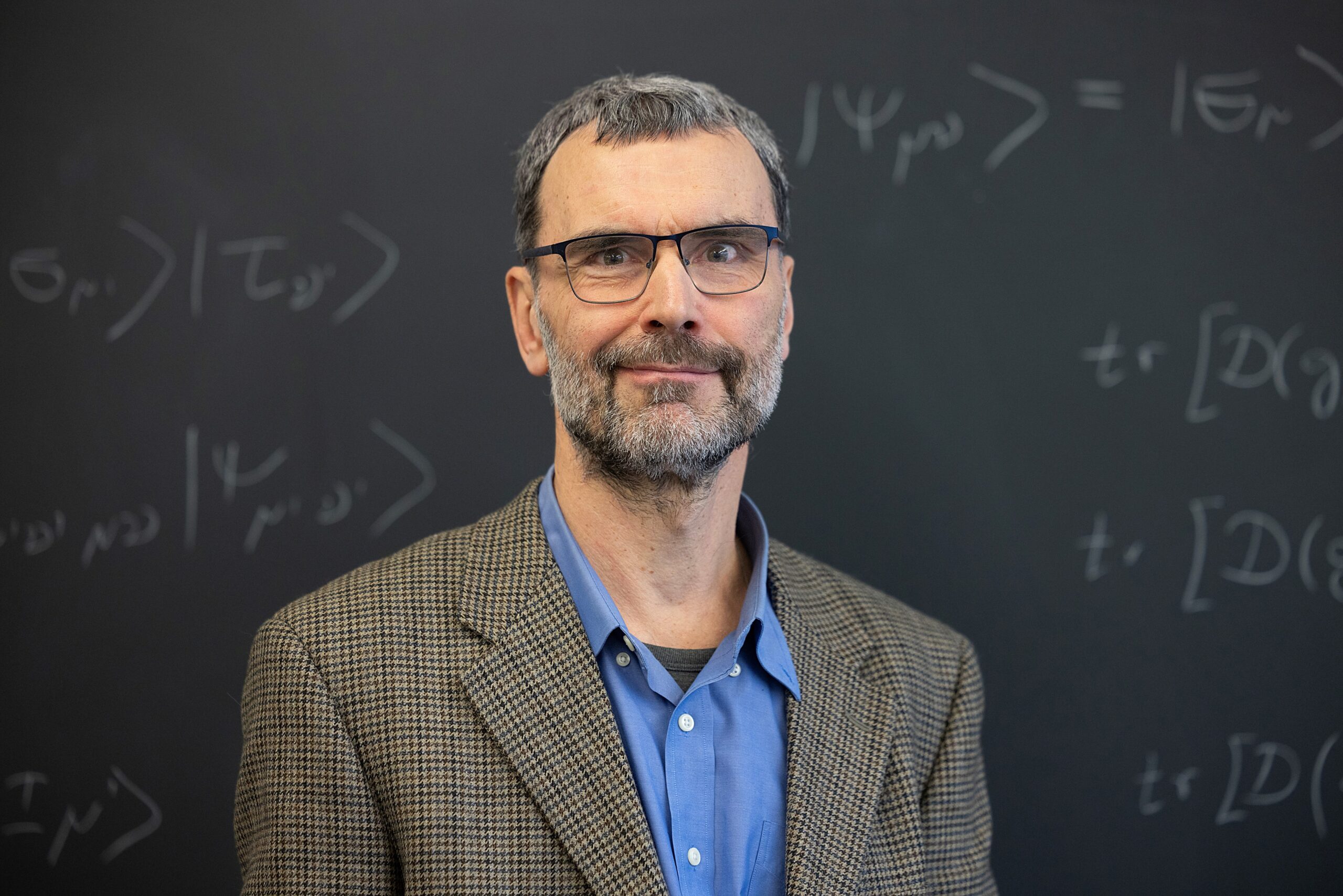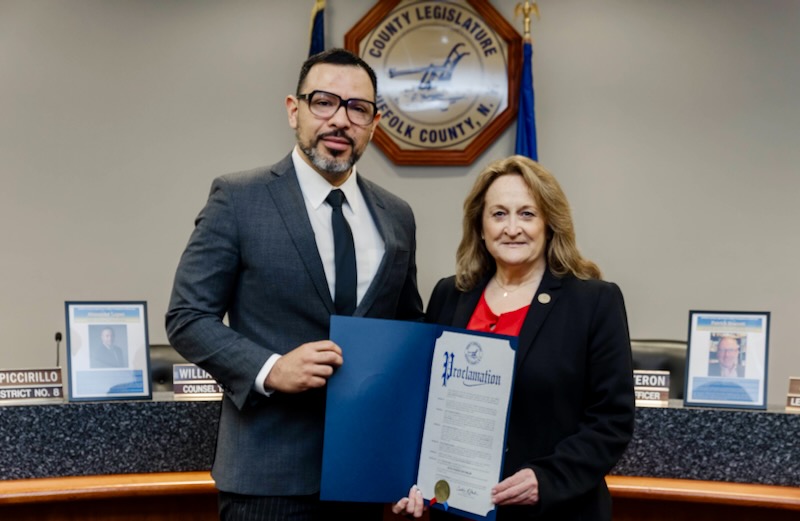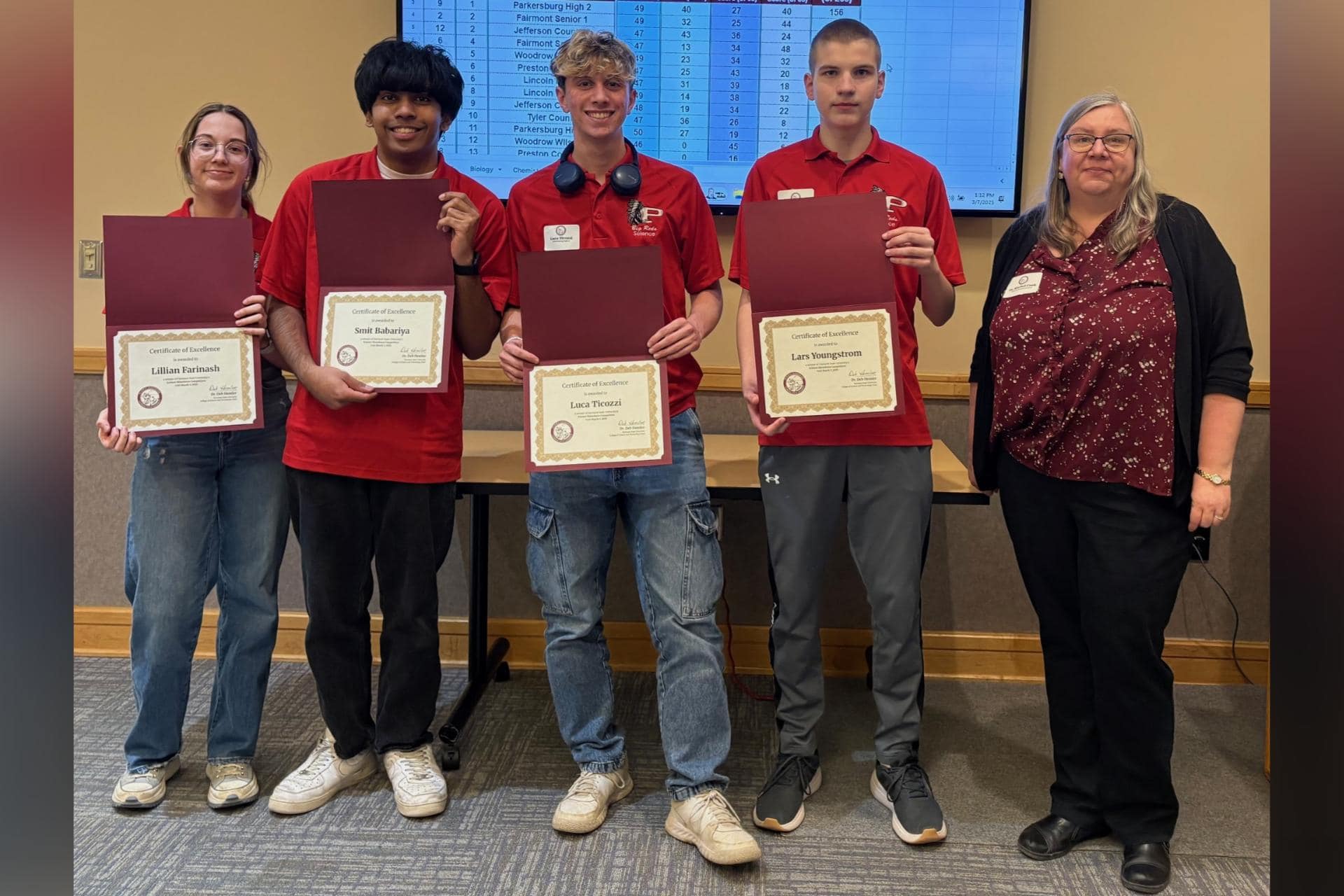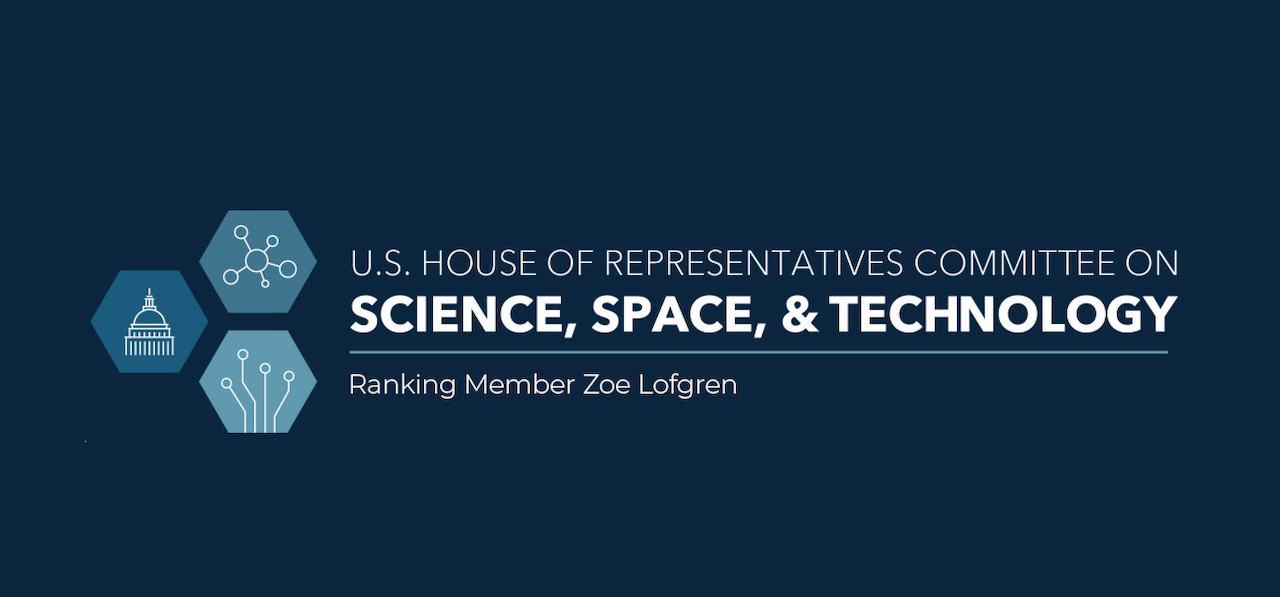Academic Titans: Yale's Brilliant Minds Secure Prestigious National Science Honor
Science
2025-05-01 16:17:00
Yale University is proud to announce that five distinguished researchers have been elected to the prestigious National Academy of Sciences, a remarkable recognition of their groundbreaking scientific contributions. The newly elected members—Steven Berry, Gary Brudvig, Jonathan Ellman, Leonid Glazman, and Mark Hochstrasser—represent the pinnacle of scientific achievement, joining an elite group of scholars who have made extraordinary advances in their respective fields. Election to the National Academy of Sciences is widely considered one of the highest honors a scientist or engineer can receive in the United States. This distinguished recognition celebrates the exceptional research, innovative thinking, and significant impact these scholars have made in advancing scientific knowledge and understanding. Each of these Yale researchers has demonstrated remarkable expertise and leadership in their scientific disciplines, contributing pioneering research that pushes the boundaries of human knowledge and has the potential to drive meaningful scientific progress. MORE...
AI Science Agents: Future House Challenges Researchers to Test Groundbreaking Platform for Free
Science
2025-05-01 15:30:48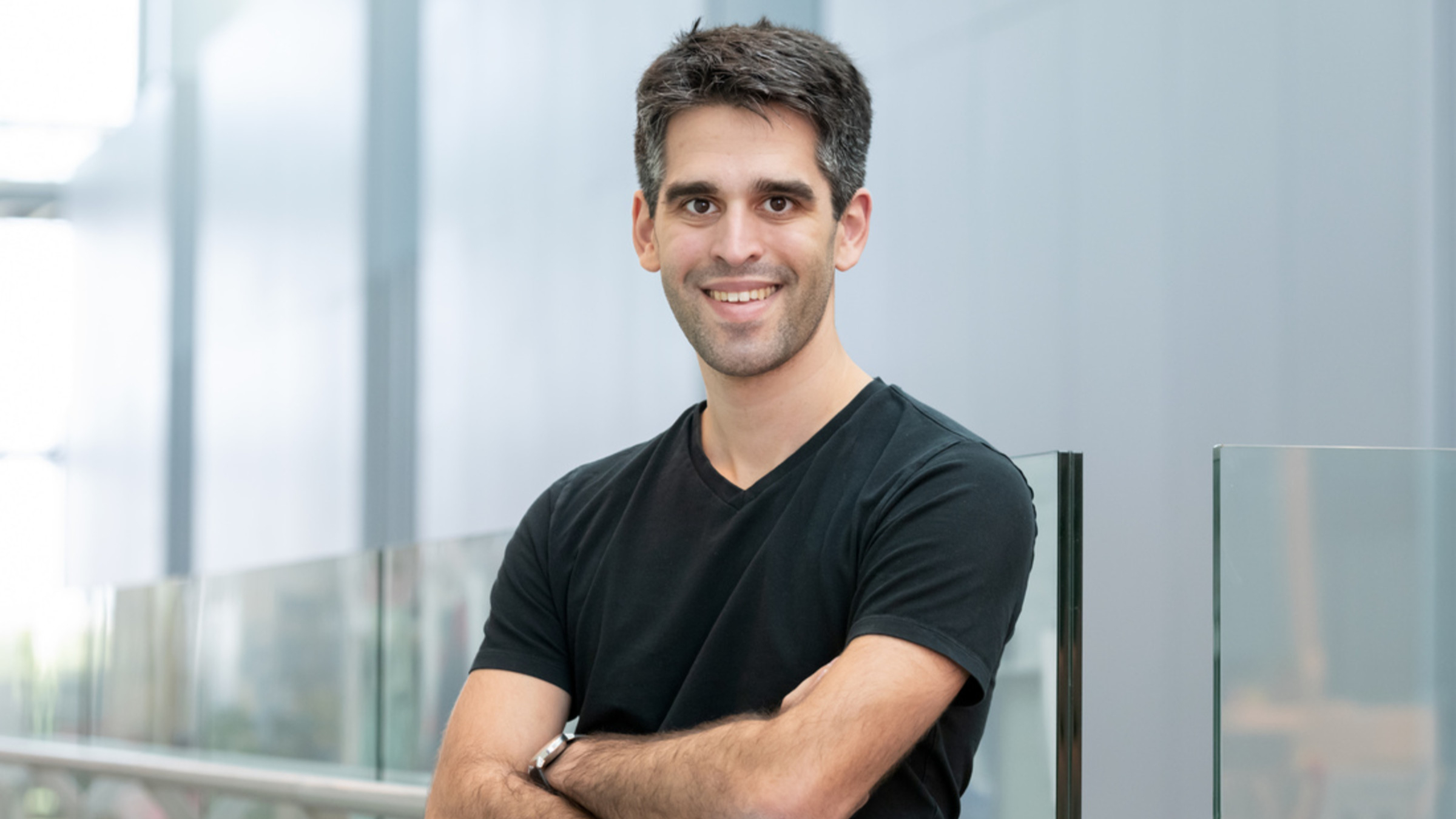
Future House, an innovative tech startup, has unveiled a groundbreaking free AI platform that promises to revolutionize scientific research. Led by visionary CEO Sam Rodriques, the platform introduces four powerful AI agents designed to transform how researchers approach literature and chemistry investigations. The platform features four uniquely named AI tools: Crow, Falcon, Owl, and Phoenix. Each agent is meticulously crafted to tackle specific research challenges, offering unprecedented support for scientists and researchers across various disciplines. These intelligent agents are engineered to streamline complex research processes, accelerate data analysis, and provide comprehensive insights. By making this advanced platform freely accessible, Future House aims to democratize scientific research and empower researchers worldwide with cutting-edge artificial intelligence technology. The launch represents a significant milestone in bridging technological innovation with scientific exploration, potentially accelerating discoveries and knowledge generation across multiple research domains. Researchers and scientific professionals can now leverage these sophisticated AI agents to enhance their investigative capabilities, reduce manual research time, and uncover deeper insights in literature and chemistry research. MORE...
Breaking Barriers: How AI is Supercharging Scientific Discovery at Berkeley Lab
Science
2025-05-01 15:00:00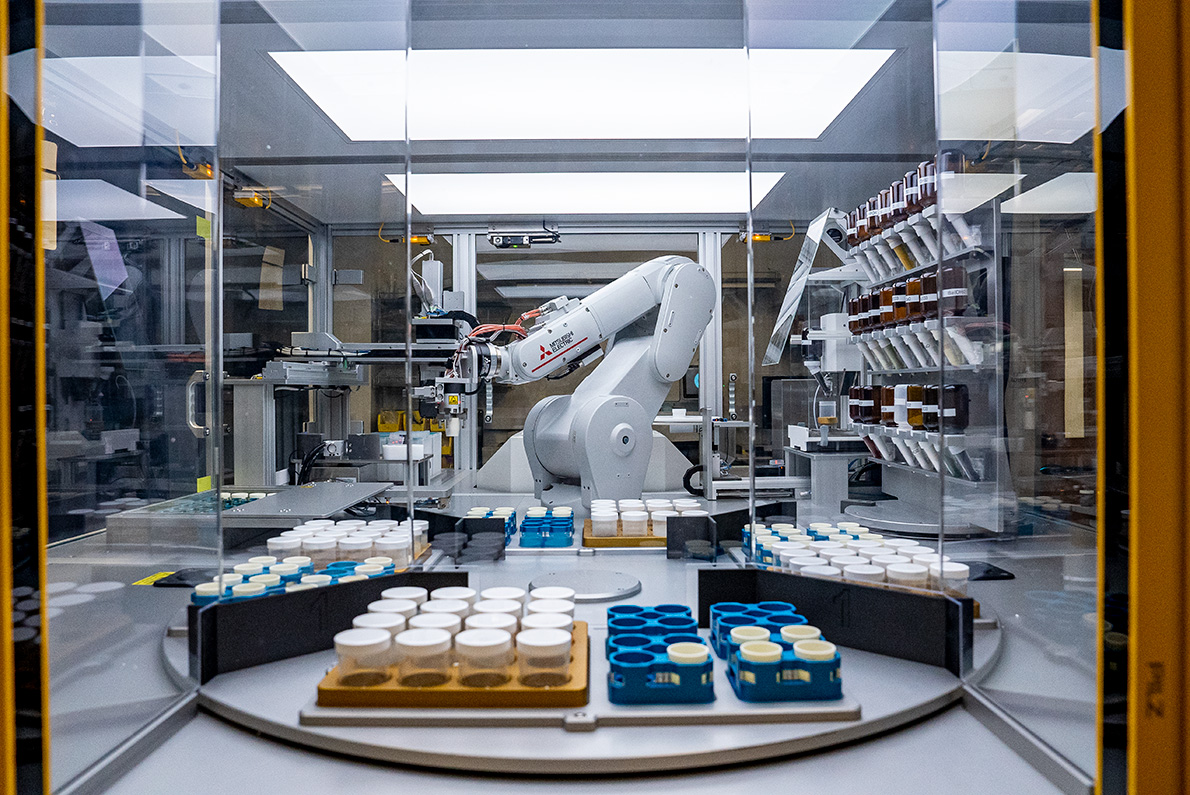
From cutting-edge robotics to powerful computational systems, Berkeley Lab is revolutionizing scientific discovery through the transformative power of artificial intelligence. By harnessing advanced AI-driven technologies, researchers are pushing the boundaries of innovation, fundamentally reimagining how scientific breakthroughs are achieved both within the laboratory and across the broader scientific community. These intelligent systems are not just tools, but collaborative partners in research, enabling scientists to tackle complex challenges with unprecedented speed, precision, and creativity. By integrating machine learning, advanced algorithms, and sophisticated computational techniques, Berkeley Lab is at the forefront of a technological renaissance that promises to accelerate scientific understanding and solve some of humanity's most pressing challenges. The lab's commitment to AI-powered research represents a bold vision of the future—where human ingenuity and artificial intelligence work in seamless harmony to unlock new realms of knowledge and drive groundbreaking discoveries that can transform our understanding of the world. MORE...
Breaking: Science Learning Revolution? Researcher Uncovers Surprising Impact of Smaller Classrooms
Science
2025-05-01 14:39:18
Unlocking Scientific Success: The Complex Landscape of High School Science Education Achieving excellence in high school science classes is a multifaceted challenge influenced by numerous interconnected factors. While educators and researchers have long recognized the potential benefits of smaller classroom sizes across various academic disciplines, the specific impact on science learning remains somewhat unexplored. Traditional educational research has consistently demonstrated that reduced class sizes can enhance student engagement and learning outcomes, particularly in subjects like reading and mathematics. However, the scientific community has been slower to conduct comprehensive studies examining how classroom dynamics specifically affect science achievement. The intricate nature of science education requires a nuanced approach. Smaller classes potentially offer students more individualized attention, increased opportunities for hands-on experimentation, and more interactive learning experiences. These elements are crucial in developing critical thinking skills and fostering a deeper understanding of complex scientific concepts. As schools and policymakers continue to seek strategies for improving science education, further research into the relationship between classroom size and scientific learning becomes increasingly important. By understanding these dynamics, educators can create more effective learning environments that inspire and support students' scientific curiosity and academic growth. MORE...
Brain Drain Reversal: China's Talent Program Wins Over Brilliant Materials Scientist from Silicon Valley
Science
2025-05-01 14:30:09
In an exciting career development, Li has recently joined the academic ranks at Nanjing University's dynamic Suzhou campus, taking on the prestigious role of associate professor. This appointment marks a significant milestone in Li's professional journey, bringing fresh expertise and innovative perspectives to the institution's academic community. The Suzhou campus, known for its cutting-edge research and modern educational approach, provides an ideal environment for Li to contribute to scholarly pursuits and academic excellence. As an associate professor, Li is expected to bring valuable insights, research capabilities, and teaching skills that will enrich the university's intellectual landscape. This new position represents not just a career advancement for Li, but also an opportunity to engage with students, contribute to groundbreaking research, and further develop the academic potential of Nanjing University's expanding Suzhou campus. MORE...
Breaking: Data Science Program Launches First Wave of Tech Innovators
Science
2025-05-01 14:19:48
A milestone moment unfolded at the UNC School of Data Science and Society as four pioneering students became the first graduates to complete their degrees. Breaking new ground, the inaugural class included one undergraduate and three graduate students who have paved the way for future data science scholars. These trailblazing students represent the cutting-edge potential of the school's innovative data science program, symbolizing the beginning of a new academic journey that bridges technology, analysis, and societal understanding. Their achievement marks a significant step forward in the evolving field of data science education at the university. By earning their degrees, these students not only celebrate their personal academic success but also contribute to the emerging legacy of the UNC School of Data Science and Society. They stand as inspiration for future students who will follow in their footsteps, exploring the transformative power of data in understanding and solving complex societal challenges. MORE...
Brain's Hidden Switch: The Mysterious Origins of Human Awareness Unveiled
Science
2025-05-01 14:12:44
Consciousness: The Mysterious Essence of Human Experience At the very heart of our existence lies consciousness—that extraordinary inner landscape where perception, emotion, and imagination converge. It's the profound realm where we see, hear, dream, and feel the entire spectrum of human experience, from the depths of pain to the heights of pleasure, from paralyzing dread to transcendent love. Yet, for all its complexity and significance, consciousness remains one of the most enigmatic frontiers of scientific exploration. Where exactly does this remarkable phenomenon reside within the intricate networks of our brain? It's a question that has puzzled neuroscientists, philosophers, and clinicians for generations, sparking endless debates and driving relentless research. A groundbreaking new study is now offering tantalizing glimpses into this age-old mystery, promising to shed light on the neurological foundations of our most intimate inner world. As researchers continue to unravel the secrets of consciousness, we inch closer to understanding the very essence of what makes us human. MORE...
Classroom Revolution: How Iowa Teachers Are Transforming STEM Learning Through Real-World Science Experiences
Science
2025-05-01 14:09:21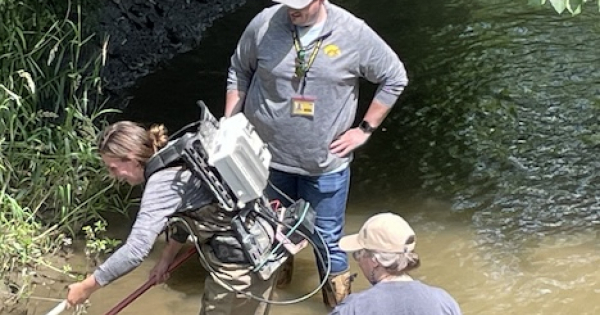
Transforming Science Education: Iowa's Innovative STEM Teacher Externships Since 2019, Iowa has been revolutionizing science education through its groundbreaking STEM Teacher Externships Program. Passionate educators have enthusiastically collaborated with Iowa Science Phenomena, bringing local scientific insights to life. The result? An impressive collection of nearly 80 unique, locally-inspired scientific phenomena that capture the imagination of students across the state. These teacher-created resources go beyond traditional textbook learning, offering students a window into real-world scientific exploration that is deeply connected to their own communities. By sharing their externship experiences, teachers are bridging the gap between classroom instruction and authentic scientific discovery, making science more accessible and exciting for Iowa's young learners. MORE...
Gravity-Defying Thrills: Inside the Physics of Roller Coasters at Michigan Science Center
Science
2025-05-01 14:04:00
Unraveling the Thrilling Science of Roller Coasters
Imagine the heart-pounding excitement as you climb that first massive hill, the anticipation building with each click of the coaster's chain. But what makes roller coasters such an incredible blend of physics, engineering, and pure adrenaline? We sat down with Angela Cavanagh, a brilliant science educator from the Michigan Science Center, to dive deep into the fascinating world of these gravity-defying machines.
Roller coasters are more than just a wild ride – they're a spectacular demonstration of scientific principles in action. From potential and kinetic energy to gravitational forces and momentum, every twist, turn, and drop is a carefully calculated dance of physics.
Angela explains that the magic begins at the first hill. As the coaster climbs, potential energy builds up, storing the potential for an incredible burst of excitement. Once you reach the peak, that potential energy transforms into kinetic energy, sending riders racing down the track at breathtaking speeds.
"It's like a perfect symphony of science and thrill," Cavanagh says with a smile. "Every element of a roller coaster is designed to maximize the rider's experience while following precise scientific principles."
Whether you're a science enthusiast or a thrill-seeker, roller coasters offer a unique window into the wonders of physics – proving that learning can be as exciting as the ride itself.
MORE...Cosmic Comeback: Soviet-Era Satellite Set to Make Fiery Return to Earth
Science
2025-05-01 13:56:31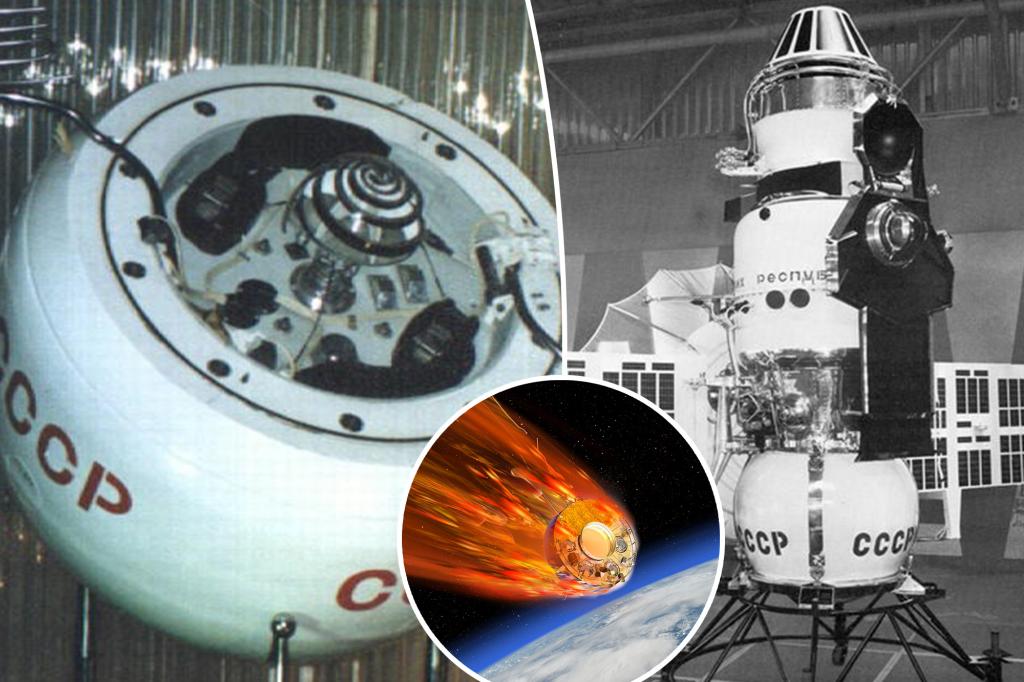
A long-forgotten Soviet satellite is preparing for a dramatic return to Earth, sending ripples of concern through the scientific community. Space experts are on high alert as the aging spacecraft threatens to make an uncontrolled descent, potentially putting populations below at risk. The aging satellite, a relic from the Cold War era, is expected to plummet through the atmosphere next week, creating a nerve-wracking scenario for researchers and global safety officials. While the chances of debris causing significant damage are relatively low, the unpredictability of its trajectory has experts closely monitoring its potentially hazardous journey. As the satellite races towards our planet, scientists are tracking its path with precision instruments, hoping to minimize any potential risks to human populations. The incident serves as a stark reminder of the growing challenge of space debris and the long-lasting impact of decades-old space technology. MORE...
- 1
- 2
- 3
- 4
- 5
- 6
- 7
- 8
- 9
- 10
- 11
- 12
- 13
- 14
- 15
- 16
- 17
- 18
- 19
- 20
- 21
- 22
- 23
- 24
- 25
- 26
- 27
- 28
- 29
- 30
- 31
- 32
- 33
- 34
- 35
- 36
- 37
- 38
- 39
- 40
- 41
- 42
- 43
- 44
- 45
- 46
- 47
- 48
- 49
- 50
- 51
- 52
- 53
- 54
- 55
- 56
- 57
- 58
- 59
- 60
- 61
- 62
- 63
- 64
- 65
- 66
- 67
- 68
- 69
- 70
- 71
- 72
- 73
- 74
- 75
- 76
- 77
- 78
- 79
- 80
- 81
- 82
- 83
- 84
- 85
- 86
- 87
- 88
- 89
- 90
- 91
- 92
- 93
- 94
- 95
- 96
- 97
- 98
- 99
- 100
- 101
- 102
- 103
- 104
- 105
- 106
- 107
- 108
- 109
- 110
- 111
- 112
- 113
- 114
- 115
- 116
- 117
- 118
- 119
- 120
- 121
- 122
- 123
- 124
- 125
- 126
- 127
- 128
- 129
- 130
- 131
- 132
- 133
- 134
- 135
- 136
- 137
- 138
- 139
- 140
- 141
- 142
- 143
- 144
- 145
- 146
- 147
- 148
- 149
- 150
- 151
- 152
- 153
- 154
- 155
- 156
- 157
- 158
- 159
- 160
- 161
- 162
- 163
- 164
- 165
- 166
- 167
- 168
- 169
- 170
- 171
- 172
- 173
- 174
- 175
- 176
- 177
- 178
- 179
- 180
- 181
- 182
- 183
- 184
- 185
- 186
- 187
- 188
- 189
- 190
- 191
- 192
- 193
- 194
- 195
- 196
- 197
- 198
- 199
- 200
- 201
- 202
- 203
- 204
- 205
- 206
- 207
- 208
- 209
- 210
- 211
- 212
- 213
- 214
- 215
- 216
- 217
- 218
- 219
- 220
- 221
- 222
- 223
- 224
- 225
- 226
- 227
- 228
- 229
- 230
- 231
- 232
- 233
- 234
- 235
- 236
- 237
- 238
- 239
- 240
- 241
- 242
- 243
- 244
- 245
- 246
- 247
- 248
- 249
- 250
- 251
- 252
- 253
- 254
- 255
- 256
- 257
- 258
- 259
- 260
- 261
- 262
- 263
- 264
- 265
- 266
- 267

